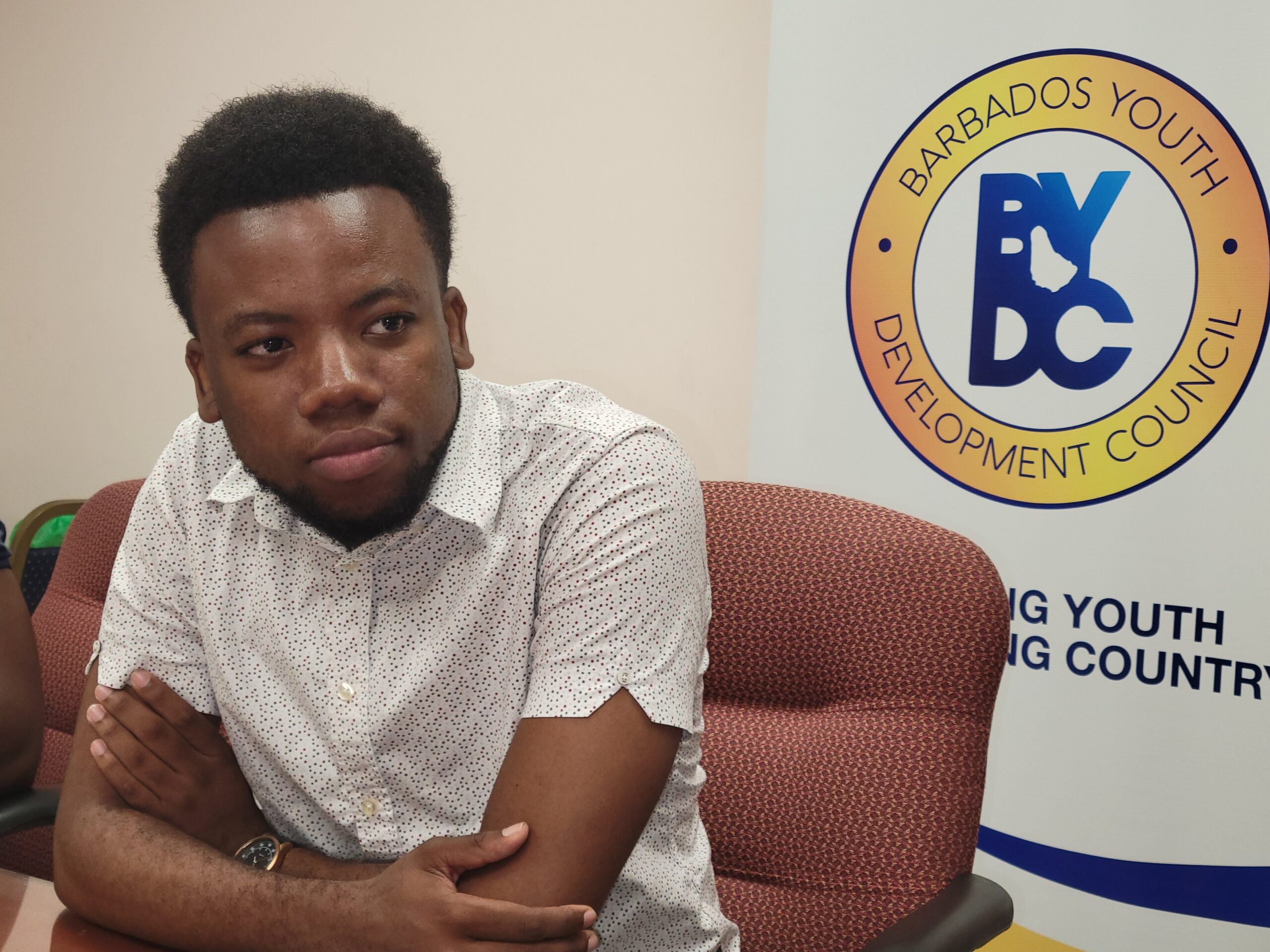Barbados Youth Development Council President Criticizes Government for Delay in Implementing National Youth Policy, Citing Impact on Rising Youth Violence

Barbados Youth Development Council president criticizes government for lack of national youth policy, linking it to rising youth violence. Calls for transparency and progress. Comparisons made with Jamaica's active policy development.
The president of the Barbados Youth Development Council (BYDC) has lambasted successive governments for their failure to implement a national youth policy, linking this inaction to rising violence among young people.
Caleb Brathwaite, speaking at a weekend press conference, expressed frustration over the prolonged silence surrounding the policy’s development. “Now, for many years, successive governments, even as far back as the last administration, the Democratic Labour Party, would have looked at the national youth policy passage, national youth policy, but as a national youth council, we do believe that there has been too much quiet around the national youth policy,” he said.
Brathwaite highlighted the lack of transparency and progress, asking: “What is happening?” He noted that several committees have been formed, with Shadia Jemmott as the last known chairman, but lamented the absence of updates.
The BYDC president drew a direct connection between the policy vacuum and youth violence. “You have violence among young people, but there’s in fact no national youth policy. We have these same organisations that do not have a legislative framework to be guided by,” he said.
Contrasting the situation with Jamaica, which is actively developing its youth policy, Brathwaite said: “Jamaica is in fact looking at their policy; I would have been to Jamaica last year at a youth summit, and actually at that youth summit, they would have actually given a copy of their policy, a copy of their book.” He acknowledged his own inability to provide updates on Barbados’ policy progress: “I can’t tell you what stage, what draft, the stages in the policy, and even as the president of the national youth council, I can’t answer that question because I myself don’t know.”
Brathwaite also criticised the government’s communication with youth: “It also comes back to the fact that the government has to do better, and successive governments have always failed in relation to publicising the information to young people. We know there’s social media; we know there’s traditional forms, but you have to meet people where they are.”
The BYDC, established in 1969 and recognised as the oldest youth council in the region and the fourth oldest globally, faces significant financial challenges. Brathwaite revealed that the council receives an annual government subvention of $15 000, which he deems insufficient. He proposed doubling this to $30 000 to support the council’s activities more effectively.
“Right now, we get $15 000 a year,” Brathwaite told reporters. “If I was supposed to give $1 000 to every member organisation, we would come up short,” Brathwaite explained. He added that increased funding would enable the council to conduct “developmental and training programmes because what really hinders us is a lack of financial resources.”
The lack of a permanent headquarters for the BYDC was another concern raised. “What is really painful is that right now we are in the military youth, and having been established in 1969, we don’t have a home,” Brathwaite said. He expressed gratitude to the bishop of Barbados for working on an agreement to provide land for a permanent location.
Despite these challenges, Brathwaite affirmed the council’s commitment to youth development. “Even though successive governments have failed in relation to prioritising youth development and uplifting this council, this council is not sitting back. We are going out there, and we’re looking to ensure that we can get what is necessary to benefit young people,” he said.
(RG)


